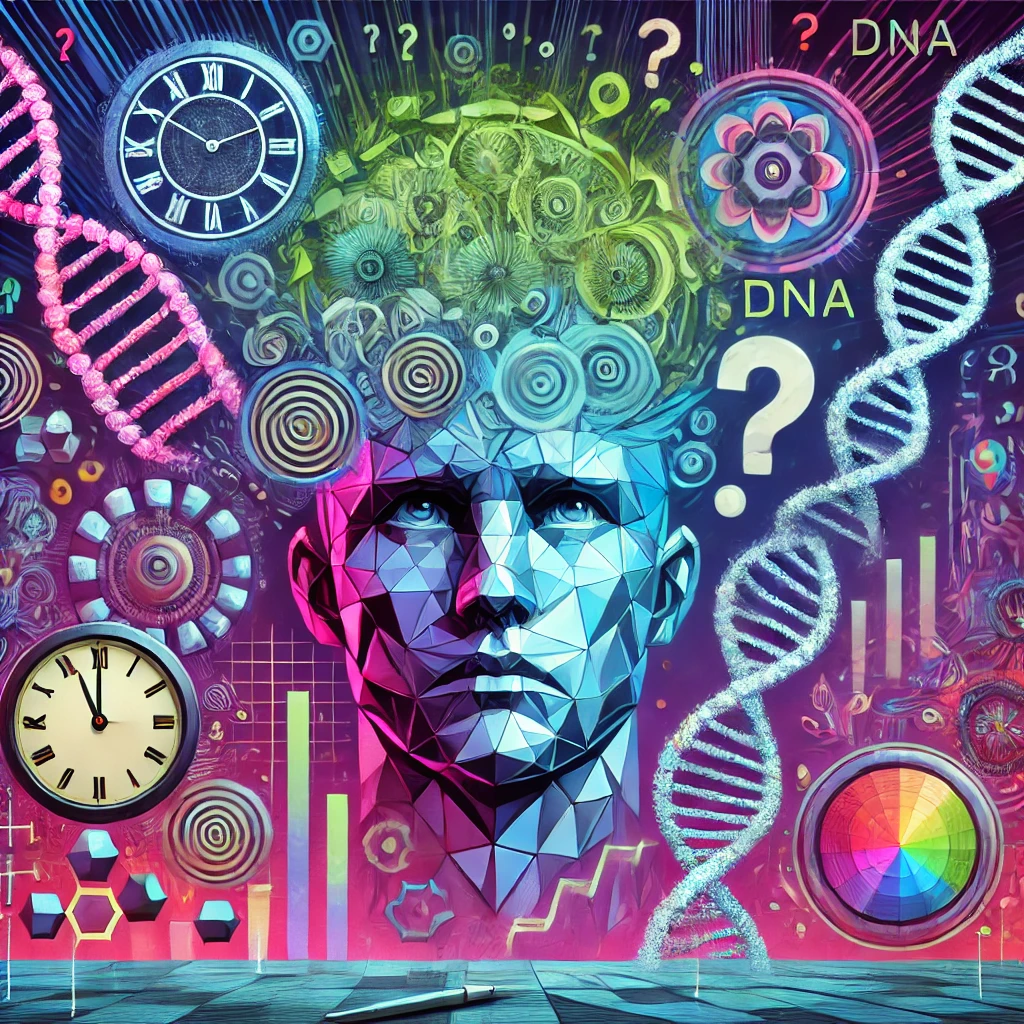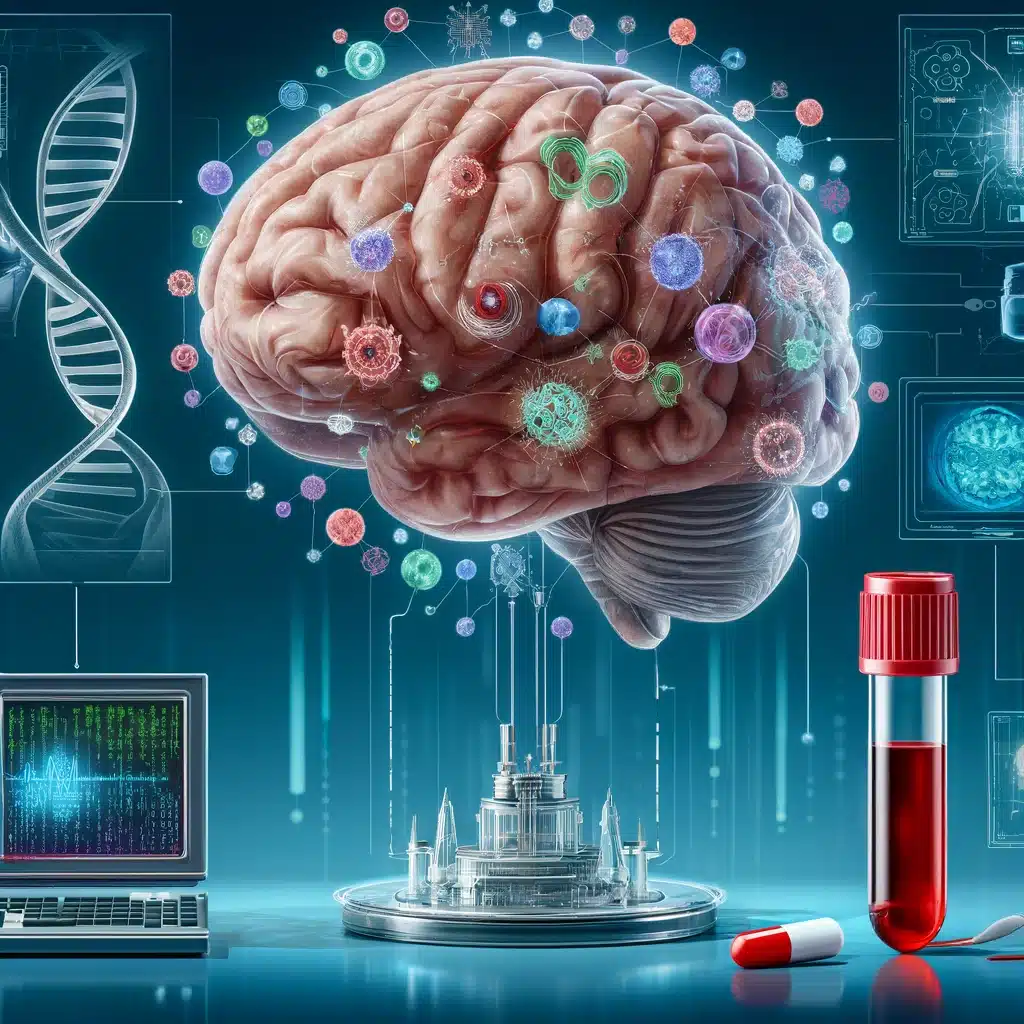Polygenic Scores May Improve Accuracy of ADHD Diagnosis when Combined with Standard Diagnostic Scales (2024 Study)
The ADHD polygenic score (PGS) adds slight yet statistically significant value to existing ADHD diagnostic tools, though it currently lacks clinical utility. Highlights: Study Overview: Researchers tested if adding a genetic score (ADHD PGS) to traditional diagnostic tools (ASRS and WURS scales) and family history could better predict ADHD. Improvement in Diagnosis: Adding the ADHD …










